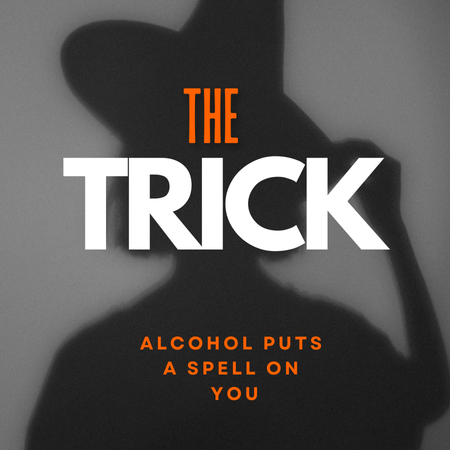The Illusion of Joy: How Alcohol Can Mimic Happiness but Leave You Empty
For many, the sound of clinking glasses and the swirl of drinks in a lively bar evoke feelings of happiness and people coming together to have a good time. Alcohol is often celebrated as a way to make people feel more social, a way to unwind after a long day, and a means to celebrate special moments. But what if I told you that the happiness alcohol provides is often an illusion? Let’s dive into the complex relationship between alcohol and our emotions, and why that fleeting sense of joy may not be what it seems.
The Science of Alcohol and Mood
When you consume alcohol, it affects your brain chemistry in several ways. It increases the release of dopamine, a neurotransmitter associated with pleasure and reward. This surge can create a euphoric feeling, leading many to perceive alcohol as a quick ticket to happiness. However, this effect is short-lived and can be misleading.
The Cycle of Temporary Joy
1. Initial Euphoria: The first few drinks might elevate your mood, making social interactions feel effortless. You might find yourself laughing more easily, feeling more confident, and experiencing a sense of belonging.
2. Diminishing Returns: As you consume more, the initial euphoria often gives way to diminishing returns. You may need to drink more to achieve the same feeling, leading to a cycle of increased consumption.
3. Emotional Downturn: Once the alcohol starts to wear off, the effects on your mood can shift dramatically. Feelings of sadness, anxiety, or irritability may surface, a phenomenon often referred to as “hangxiety” or post-drinking blues.
The Fake Happiness Paradox
The temporary boost in mood can create a deceptive sense of happiness. This "fake happiness" can be particularly dangerous because it encourages a reliance on alcohol as a coping mechanism for stress, loneliness, or other emotional struggles.
The Downside of Dependency
- Escaping Problems: While alcohol may temporarily numb emotional pain or stress, it doesn’t resolve underlying issues. In fact, it often exacerbates them over time.
- Health Consequences: Regularly seeking happiness through alcohol can lead to health problems, including addiction, liver disease, and mental health disorders. The body’s resilience can wear thin, making the initial positive effects harder to achieve.
- Social Isolation: Over time, reliance on alcohol can lead to social withdrawal or alienation, as genuine connections may be sacrificed for fleeting moments of intoxicated joy.
Finding Genuine Happiness
So, how do we pursue authentic happiness without relying on alcohol? Here are some healthier alternatives:
1. Mindfulness Practices:Techniques such as meditation, yoga, or deep breathing can help you manage stress and enhance your mood without the negative effects of alcohol.
2. Physical Activity: Exercise releases endorphins, the body’s natural feel-good hormones. Regular physical activity can boost your mood and overall well-being.
3. Social Connections: Invest time in building genuine relationships. Engage in activities with friends or loved ones that don’t involve alcohol—like hiking, cooking, or game nights.
4. Pursuing Hobbies: Finding a creative outlet or a new hobby can bring joy and fulfillment. Whether it’s painting, playing music, or gardening, immersing yourself in something you love can enhance your mood.
While alcohol may provide a temporary escape and a fleeting sense of happiness, it’s essential to recognize that this happiness is often superficial and fleeting. Understanding the nature of this illusion can help us make more informed choices about our drinking habits. By seeking out genuine sources of joy and connection, we can cultivate a more fulfilling and lasting sense of happiness—one that doesn’t rely on the highs and lows of alcohol. Cheers to that!

